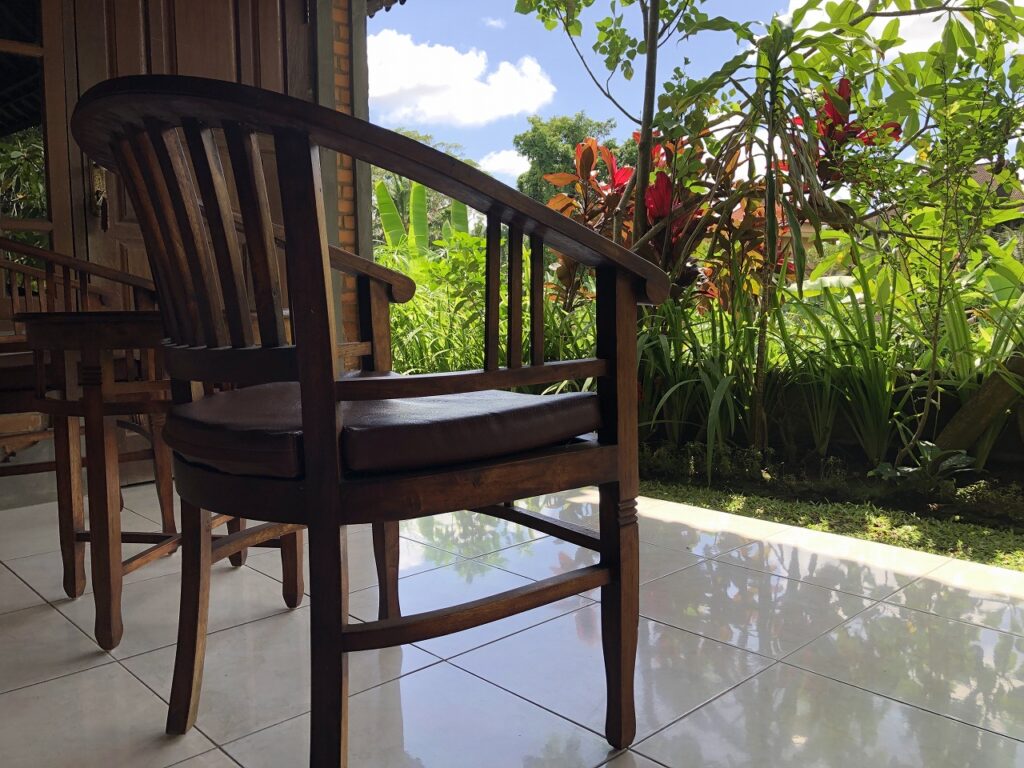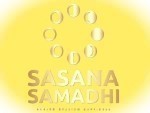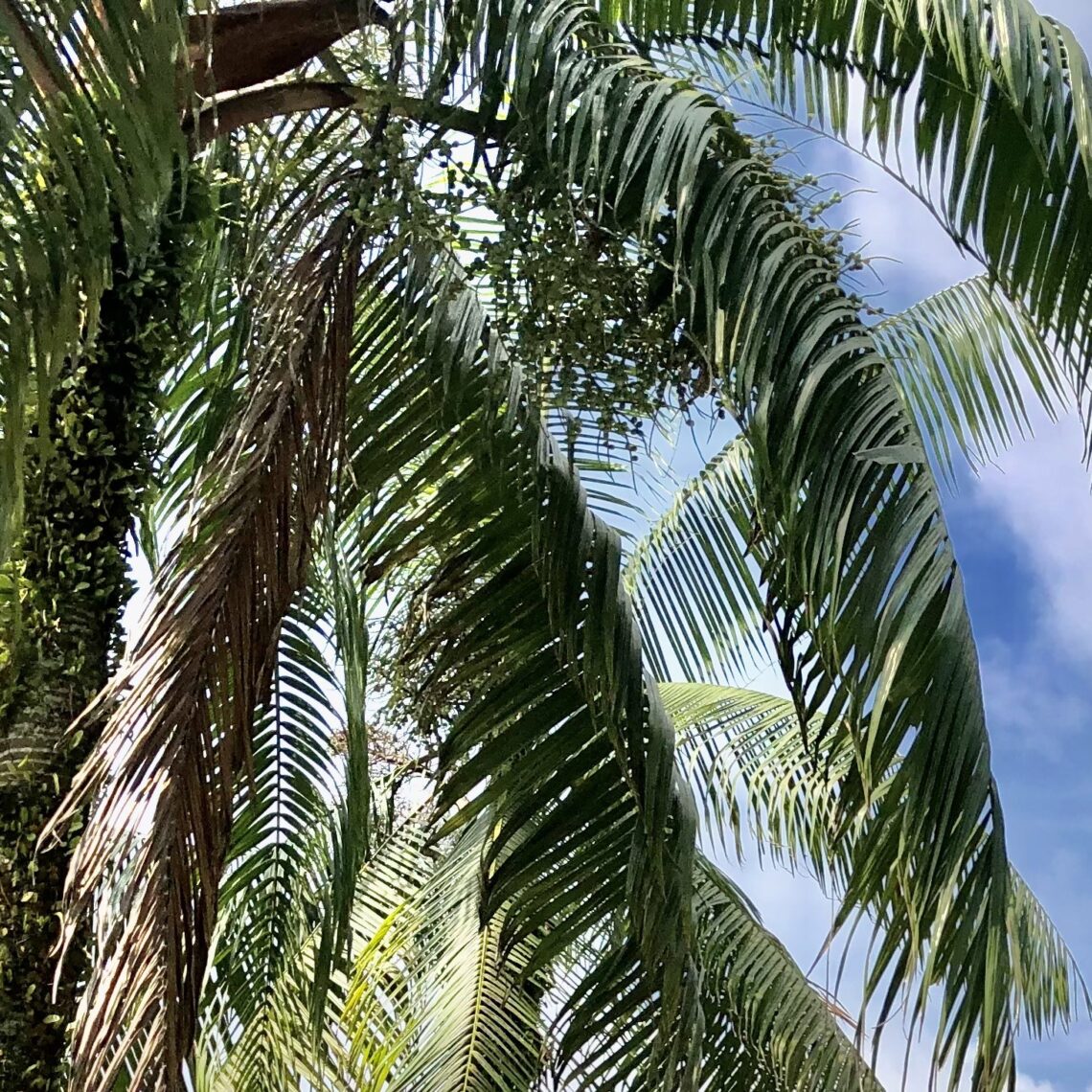In other words, the daily routine of primitive Buddhism emphasizes the importance of a healthy mind and body as well as meditation practice.
Practice sitting meditation in a Buddhist temple or the forest means sitting still and still in the same posture for a long time. In particular, sitting meditation involves placing both the left and right legs on the relative thighs (crusting), which puts a strain on the lower back and stagnates the circulation of blood in both legs. For beginners who are not familiar with this sitting posture, numbness in the legs is the first painful obstacle to overcome, especially since Westerners do not have the habit of sitting cross-legged as the Japanese do, and this sitting posture is a severe ordeal for them that is equivalent to abuse. However, make no mistake, the purpose of meditation practice is not to endure this pain. Therefore, if your legs go numb, simply relax by repositioning your legs or throwing them out to the side. As you repeat this process, after a month, three months, or six months, you will naturally be able to meditate in the cross-legged posture. In the Japanese Zen monasteries, the monks immediately after ordinated are forced to crouch in a crusted position from the beginning, but that forces them to do the hardship that the Buddha denied.
Whether you are a yogi practicing meditation for years or a bhikkhu, you cannot avoid physical stress as long as you hold a sitting posture for long periods of time. Therefore, it is important to move the body to stretch stiff muscles, joints, backs, and hips.
This is where begging for alms comes in for Bhikkhu.
When receiving alms from passersby on the side of the road, when receiving alms at the gate of the donor’s house, when receiving alms sitting on a chair prepared in the garden of the donor’s house, when receiving alms inside the house of the donor, or when receiving alms inside the house of the donor sitting on a chair prepared in the garden of the donor, whatever the situation may be, sati should be uninterrupted, In any situation where you are invited into the house of the donor and sit on a chair prepared for you, you must keep your sati intact and keep your eyes, ears, nose, tongue, and skin clear of the outside world.
In all situations, one must maintain sati, refrain from taking in the external form of the information that comes through the eyes, ears, nose, tongue, and skin, refrain from considering the details of the information, refrain from using words, respond only to the minimum necessary to the questions of the donator, and as the precept states, never engage in idle talk or gossip of the world.
After an hour to an hour-and-a-half of begging, the blood circulation in the legs and feet is restored, as the saying goes, “the legs are the second heart,” and one can feel the blood circulating throughout the body, causing one to break out in a sweat. The state of the body is essentially different between being inside a Buddhist temple and dripping with sweat due to the heat and sweating in a mendicant’s begging bowl. In this way, both aspects of body stress and stretching are practiced throughout the day.
If you finish your meal by noon and do not eat until the next morning, you have at least 18 hours of hunger each day, and often as much as 20 hours. This translates to about 6,600 hours a year.
In the modern life, if we finish dinner by about 8 pm and have breakfast at 7 am the next morning, we have 11 hours of hunger time. Longer hunger time means more time for the digestive organs to rest and less energy consumption by the body, resulting in a good gastrointestinal condition and always waking up refreshed, free from stomachache, constipation, skin problems, adult diseases, etc.
In addition, by eating fewer meals, obesity and excessive salt intake can be prevented.
Walking moderately stimulates circulation, reduces solid food intake as general consumption, and increases gastrointestinal rest time by not eating dinner. It is an extremely simple daily routine, but after three, five, or ten years of this, you will find that a little is enough rather than greedily filling your stomach. Then your mind and body are lighter.


